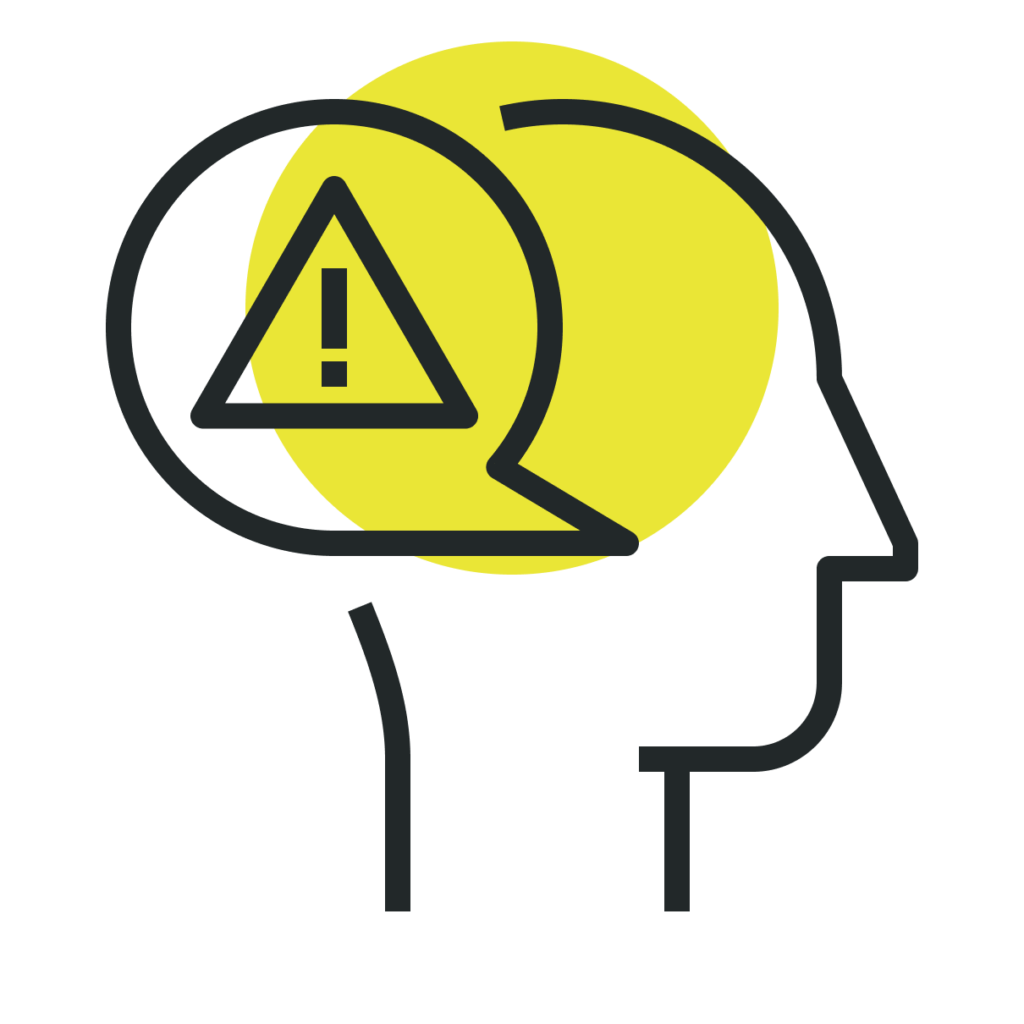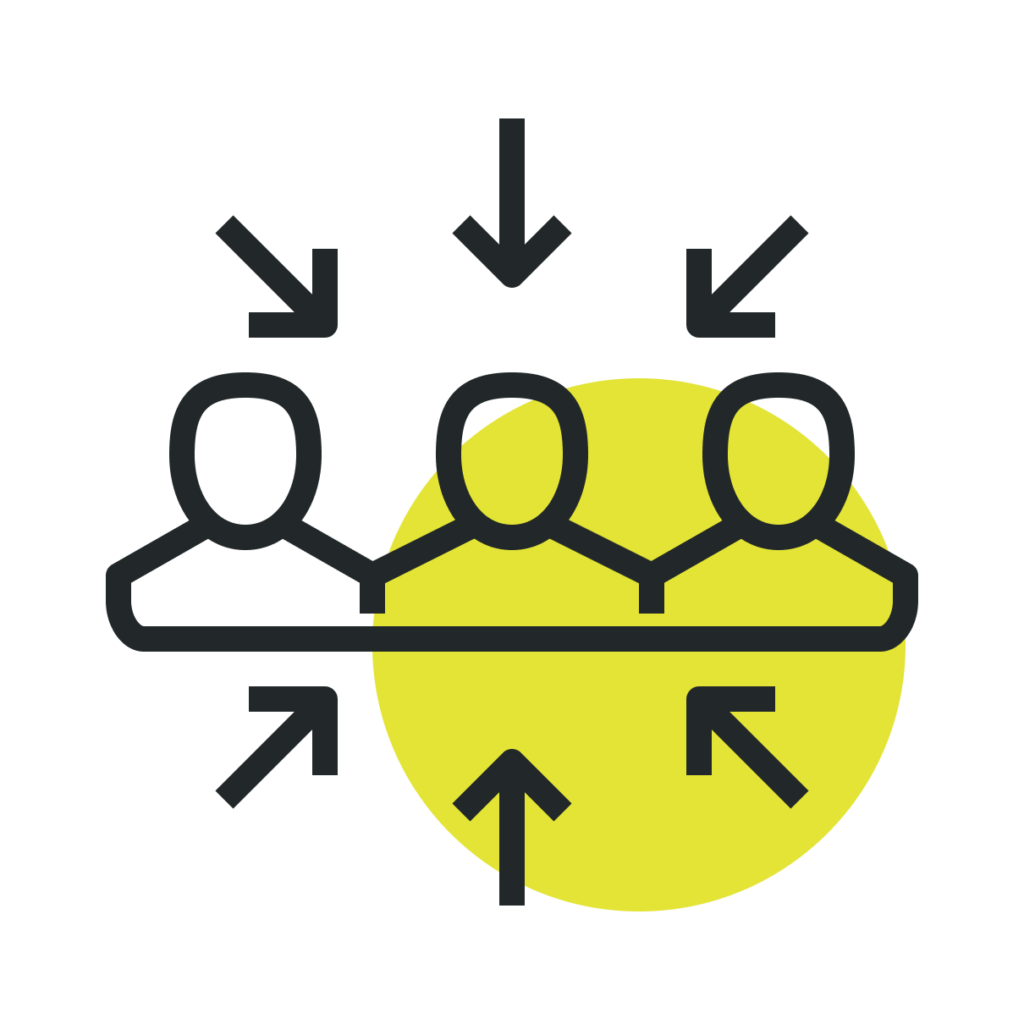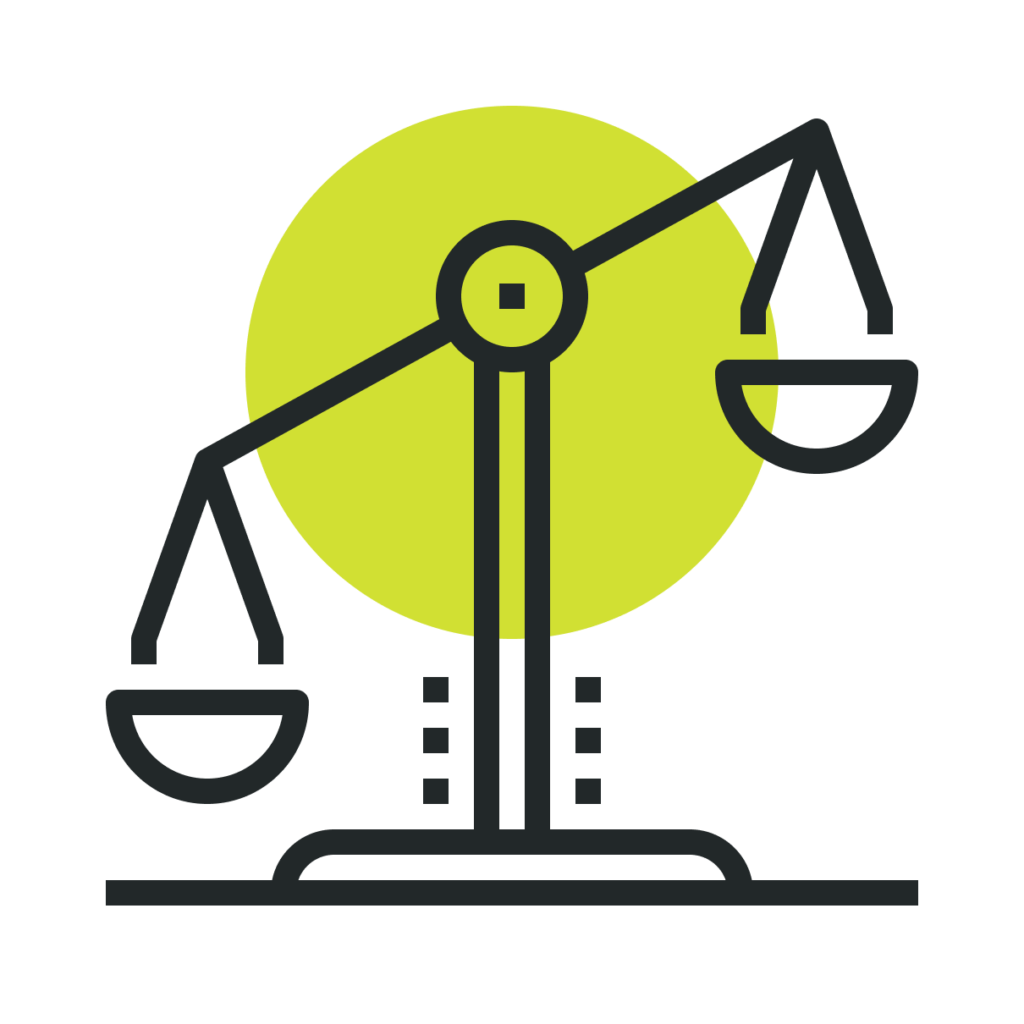Your cart is currently empty!
🎯 Here are some key takeaways:
Give yourself some grace
You're often your own harshest critic. Remember that others likely aren't scrutinizing you as intensely as you might think. View perceived missteps with a balanced perspective.
Recognize we all focus on ourselves
Most people are preoccupied with their own thoughts and concerns. There’s little room to fixate on your every action or mistakes.
Embrace a growth mindset
Rather than focusing on mistakes as a flaw, view setbacks as opportunities to learn and improve. Focus on the lessons, not judgments.
Separate your self-worth from your mistakes
This can cause us to tie our sense of self-worth to our mistakes. Remember that your value goes beyond any single action.
Support your teammates
If you notice team members harshly judging themselves, offer reassurance. Remind them that perceived flaws may not be as significant as they seem, and that the team values their contributions.



